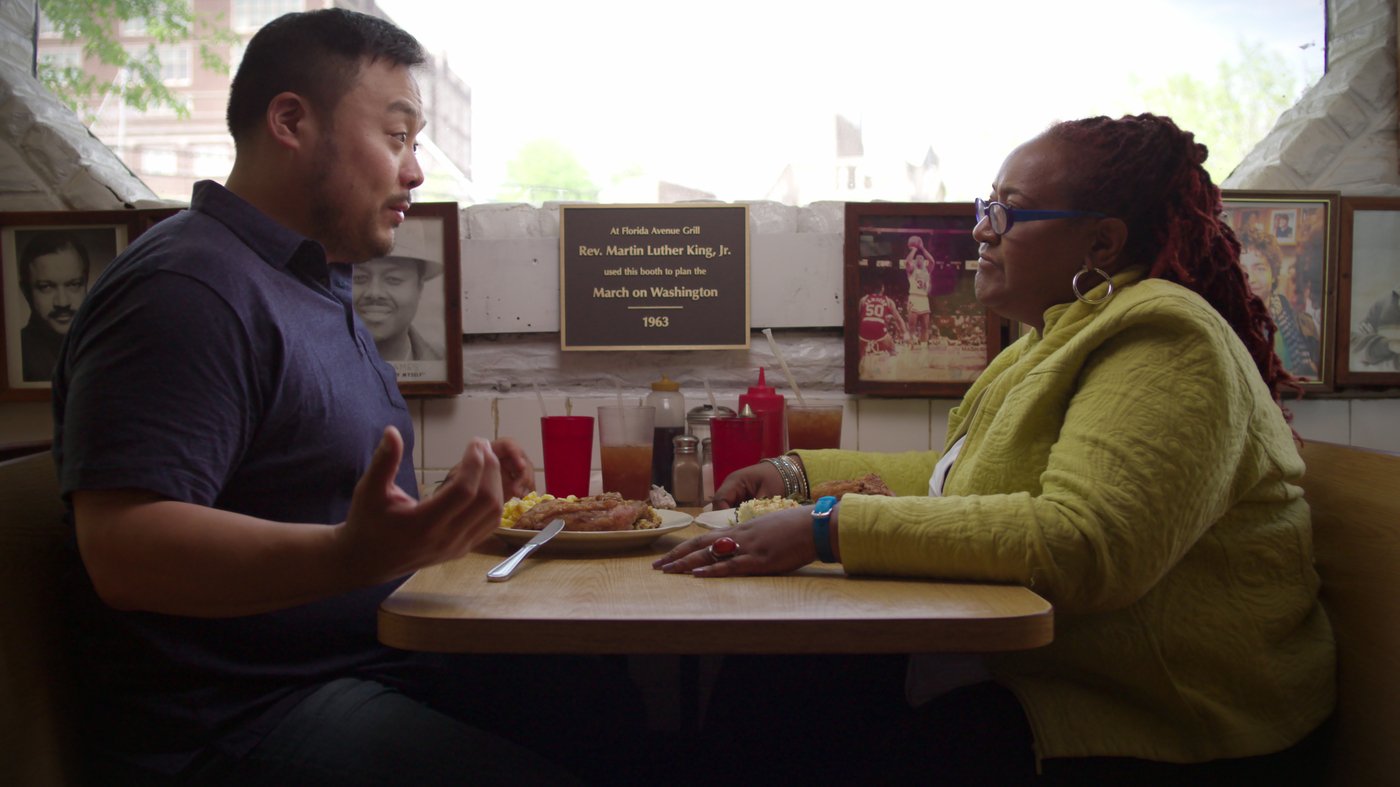Profound Impact: Ugly Delicious
As an aspiring chef, I've always been fascinated by food and the stories behind it. If you’ve been reading my blogs, you know I am always seeking to understand more about the food I don’t know much about. But it wasn't until I watched the Netflix show "Ugly Delicious" that I truly understood food's cultural and social significance.
Hosted by renowned chef David Chang, "Ugly Delicious" explores the food world beyond taste and preparation. It celebrates the humble, everyday foods we often take for granted and deepens into their cultural significance.
Changing the Narrative
One of the things that really struck me about the show was its focus on unconventional and overlooked foods. Rather than showcasing high-end or trendy cuisine, the show celebrated pizza, tacos, and fried chicken – foods often seen as "lowbrow" or "unrefined." Through the eyes of Chang and his guests, you start to see that these foods were rich with cultural significance and history.
Chang has always been known for his unconventional approach to food. He's not afraid to experiment with new ingredients and flavors and constantly pushes the boundaries of what we think of as "traditional" cuisine. His style is bold, and unapologetic, and he's not afraid to take risks.
One example of David Chang's unconventional approach to food that is highlighted in "Ugly Delicious" comes from the "Fried Rice" episode. In this episode, Chang challenges the notion that fried rice is a simple homestyle dish by exploring different variations of the dishes from around the world.
Chang visits a restaurant that specializes in "expensive fried rice." It features premium ingredients like abalone and lobster. It is prepared with an elaborate cooking technique that involves cooking the rice and the other components. This results in a complex, refined dish far removed from the humble fried rice.
Chang also explores fried rice's history and cultural significance, tracing its origins back to China and exploring how it has been adapted and reinvented in different parts of the world. Through his exploration, he challenges the idea that fried rice is a "simple" dish and shows how it can be a vehicle for exploring different cultures, flavors, and techniques.
I felt so seen and understood about “ugly delicious” food. Throughout the show, this concept of “ugly delicious” concept is best described as the food you made and ate at home growing up. The food doesn’t look the prettiest, but it is so darn good. The food takes you back into a time and place whenever you first had it. The food that isn’t celebrated in “fine dining” restaurants but is raved about at the cookout. It’s the food from that hole-in-the-wall spot, not the 3 Michelin-star restaurant. Ugly delicious is the food you return to and never grow tired of.
Beyond the Food
Another thing I loved about "Ugly Delicious" was how it tackled difficult and complex food-related issues. Episodes on cultural appropriation, food waste, and the ethics of eating meat forced me to think deeply about my relationship with food and its impact on the world around me.
One of the most thought-provoking episodes of "Ugly Delicious" was "Don't Call it Curry." In this episode, David Chang explores the world of Indian cuisine and the many misconceptions that people have about it.
Chang begins the episode by acknowledging his own ignorance about Indian food. He admits that he had always thought of Indian cuisine as a monolithic entity defined by its curries and spices. But as he travels to India and speaks with local chefs and food experts, he quickly realizes that this view is entirely inaccurate.
Throughout the episode, Chang and his guests explore the incredible diversity of Indian cuisine. They highlight the many different regions of India, each with its unique food traditions and flavors. They also discuss the history of Indian cuisine, from its ancient roots to its recent influences from other cultures.
But perhaps the episode's most important lesson is how it challenges the idea of "curry." Chang and his guests explain that "curry" is not a specific dish but a term imposed on Indian cuisine by British colonizers. The word "curry" was used to describe any dish with a sauce, regardless of its ingredients or origins. As a result, the term "curry" has come to represent a catch-all category for Indian food that erases the cuisine's diversity and complexity.
This episode was very impactful, as it taught me the importance of understanding food's cultural and historical context. It also taught me to be wary of oversimplifications and stereotypes in how we talk about food. This is why I’m always seeking to grow my understanding and respect for the cuisines I didn’t grow up with.
The Chef Himself
As a highly respected chef, restaurateur, and food critic, Chang provides a wealth of knowledge and expertise to the show. But he also has an approachable and relatable style that made the show accessible to viewers who may not be food experts. His passion for food and storytelling is infectious and inspired me to look at food differently.
"Ugly Delicious" taught me that food is about history, culture, and community. It's about how we connect with each other and the world around us. I couldn't be more grateful for the lessons this show taught me and how it continues to shape me as a chef and human being. I highly recommend the show not just for entertainment but also for educational ones.
